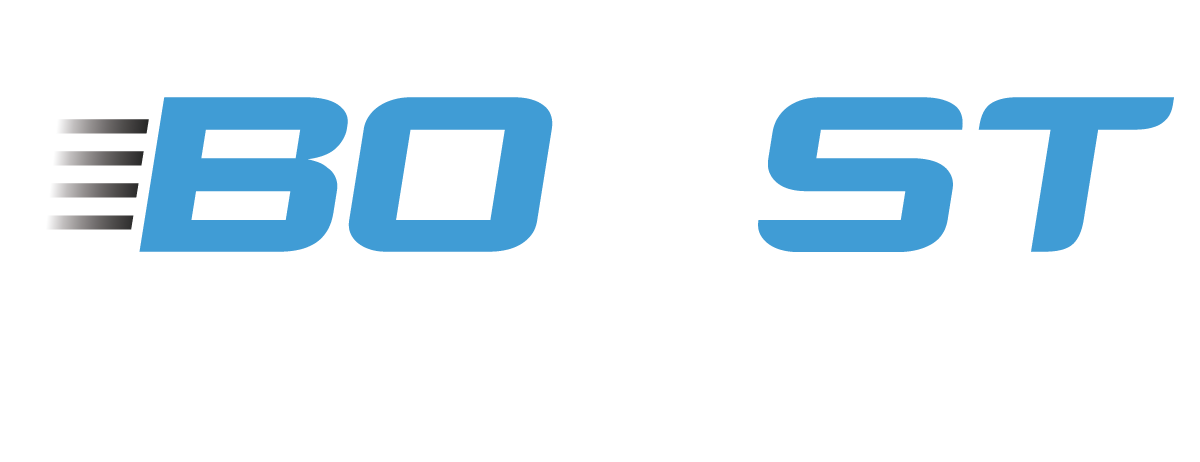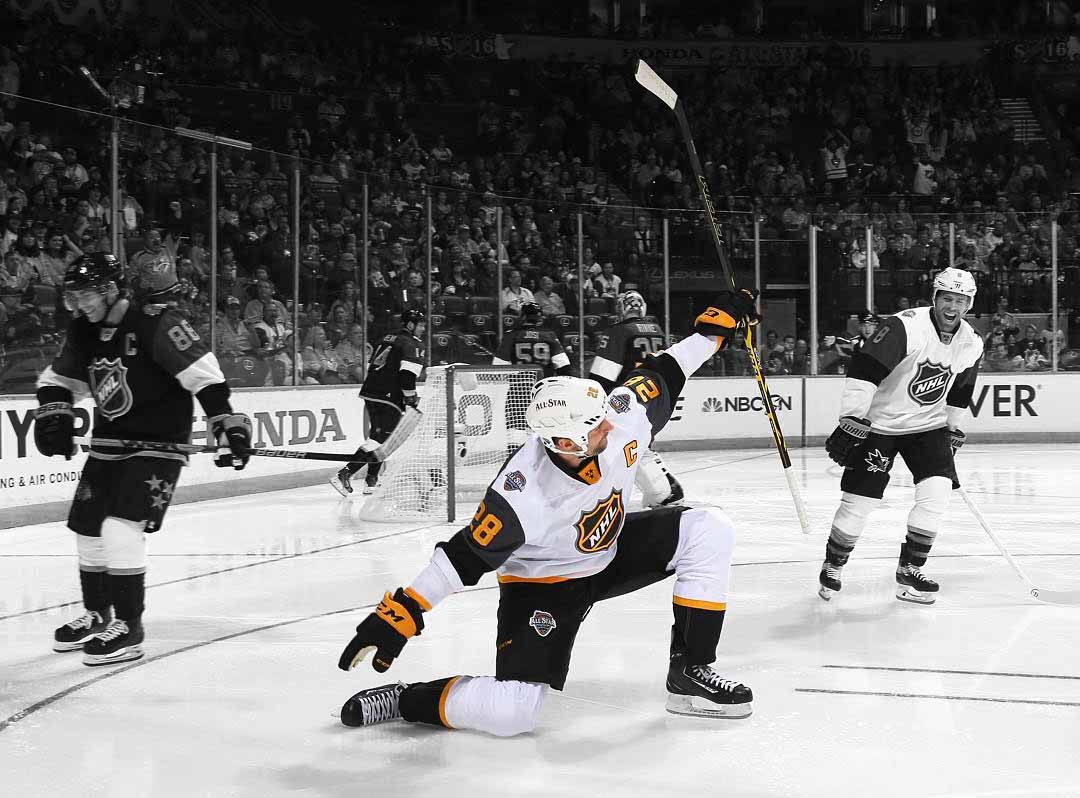I was reading an article the other day by one of my favorite authors, James Clear.
I am in no way affiliated with him, but, I highly suggest checking out his work if you enjoy reading this blog. He writes all about optimizing your life and building habits that will lead to success.
This particular article, If You Commit To Nothing, Then You're Distracted By Everything, hits home for me because I talk a lot about commitment with my teams, in my coaching, and on this blog.
Just the title of the article itself puts things in perspective and is dead on in my opinion. I had never really thought about commitment from that standpoint, but I completely agree with this point.
Hockey is the same way.
If you really want to be successful and take things as far as you can, you have to be committed to the process. I think we can all agree with that statement. But, I think the part that often gets lost in that thought process is how easy it is to get distracted by everything else when you don't have that solid vision for what you want.
I see it all the time in the kids I coach and interact with. When asked if they want to play at the next level, most of them, almost without thinking, say of course. I feel like most of them respond this way because they have been playing hockey for a long time and that seems like the natural progression of where they should go next. But, the reality is, I don't think most of them have really sat down and had an honest self reflection with themselves to figure out if that's really what they want, and if they're ready to fully commit to that.
I think this is another one of those areas where going after things, like playing at the next level, is more of something that sounds good on paper but isn't something that has been fully committed too.
The idea is the easy part, but the commitment and the execution is the real challenge.
It makes sense to think about that if you aren't fully committed to something that distractions become a big issue (whether we realize it or not).
For hockey, think about all the things we can get distracted by if we aren't focused.
During the season, we can get distracted by things like worrying about ice time, what line you're on, why someone else is on the powerplay instead of you... We've all had those thoughts before, and when you get down to the nitty gritty of what they actually are, they're all just distractions that are pulling you away from fully committing to the real job you have.
Another way to look at it is this... If you want to move up and play at the next level, do you think that letting yourself be distracted by things like that are helping or hurting your chances?
I think we'd all agree that they're only hurting you (and your team).
The underlying theme to all of this is that it's vital that we take time to actually sit down and figure out what we want to do, and what we want to work for. If we can get clarity on what we want, we can commit to figuring out a way to get there while limiting our distractions in the process.
Now, some of you might be thinking that you maybe don't know exactly what you want to do, or commit to.
That's a totally fair argument. However, that's really just an excuse that we try and tell ourselves.
The truth is, we need to be constantly taking action in order to keep growing, learning, and getting better.
So even if you aren't completely sure of everything, trust your gut, commit, and start taking action.
What's the worst that can happen?
You fully commit to going after something that you want (or at least think you want) and it doesn't work out.
Big deal.
I guarantee you'll learn more from that situation than you would have sitting at home just thinking about it.
Committing and taking action are the only real ways to continue learning and growing.
That's how we should treat hockey.
If you're going to play and be part of a team, fully commit to the team and buy into all the concepts. Learn to trust the process and do your part to make it work. That doesn't always mean you'll agree with everything, but if you're fully committed you're going to continue to grow as a player.
The same thing can be said for players that want to move on and play at the next level.
Take some time and really do some soul searching and think about if that's something you really want to do. If it is, then go all in and commit to doing everything you can to get there.
Don't let distractions or fear pull you away from doing what you want.
Bottom line: get out of your comfort zone and go all in on something and see what happens.
I challenge you all to commit to something and truly go all in.










